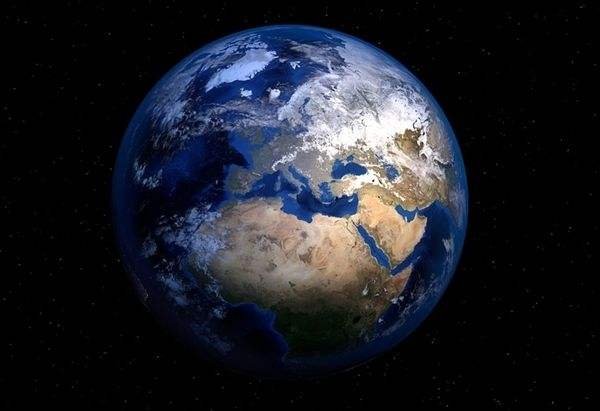
Recent research suggests that there may be more abundant or more active life on the exoplanets than on Earth.
According to a recent report by physicists, a new study suggests that there may be more abundant or more active life on the exoplanets with good ocean circulation patterns than on Earth.
The latest research principal, Dr. Stephanie Olsen of the University of Chicago, said: "The National Aeronautics and Space Administration (NASA) is looking for life in the universe mainly on the so-called 'livable belt' planets. It may form a liquid water ocean. But not all oceans are friendly, and some oceans will be more suitable for living than other oceans due to their global circulation pattern."

The Olsen team used the Rocket-3-D software developed by NASA to simulate the possible environments of different types of exoplanets as well as climate and marine habitats.
He said: "Our research aims to identify the ocean of exoplanets that have a rich and active life on a global scale. Life in the Earth's oceans depends on upwelling (upward flow), and upwelling takes nutrients from the dark ocean deep. Return to the sunshine of the life of photosynthetic organisms. More surges mean more nutrient supply and more biological activity. These are the environments we need to find on the exoplanets."
They modeled a variety of possible exoplanets and identified which exoplanets are most likely to develop and sustain a prosperous biosphere. He said: "We found that higher atmospheric density, slower rotation, and the presence of the mainland will produce higher inrush rates. This may indicate that the earth may not be the most livable place, and perhaps there is more livable than the earth. Other planets. The latest research will provide the right ideas for future telescope designs."

In 1992, scientists discovered the first exoplanet, and more than 4,000 exoplanets have been confirmed. The nearest exoplanet is known as the "near star b", which is 4.25 light years away from Earth. At present, most studies on life on exoplanets are concentrated in the livable zone, that is, the distance between the planet and the star allows the existence of a liquid water ocean. Liquid water oceans are vital to life on Earth.